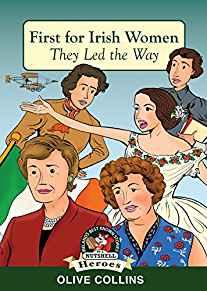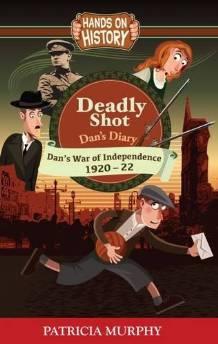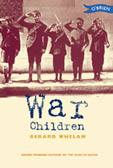-
×
 Story time with Ted (Board Book)
1 × €8.50
Story time with Ted (Board Book)
1 × €8.50 -
×
 Spot's First Words (Board)
1 × €4.99
Spot's First Words (Board)
1 × €4.99 -
×
 Little Lift and Look Bugs (Board)
1 × €7.50
Little Lift and Look Bugs (Board)
1 × €7.50 -
×
 The Caves: Lion: The Caves
1 × €6.00
The Caves: Lion: The Caves
1 × €6.00 -
×
 The Explorer
1 × €9.50
The Explorer
1 × €9.50 -
×
 My First Book of Irish Vehicles (Board Book)
1 × €8.50
My First Book of Irish Vehicles (Board Book)
1 × €8.50 -
×
 Can You Say It Too? Woof! Woof! (Board)
1 × €8.50
Can You Say It Too? Woof! Woof! (Board)
1 × €8.50
Subtotal: €53.49

 Story time with Ted (Board Book)
Story time with Ted (Board Book)  Little Lift and Look Bugs (Board)
Little Lift and Look Bugs (Board)  The Explorer
The Explorer  My First Book of Irish Vehicles (Board Book)
My First Book of Irish Vehicles (Board Book)  Can You Say It Too? Woof! Woof! (Board)
Can You Say It Too? Woof! Woof! (Board) 








